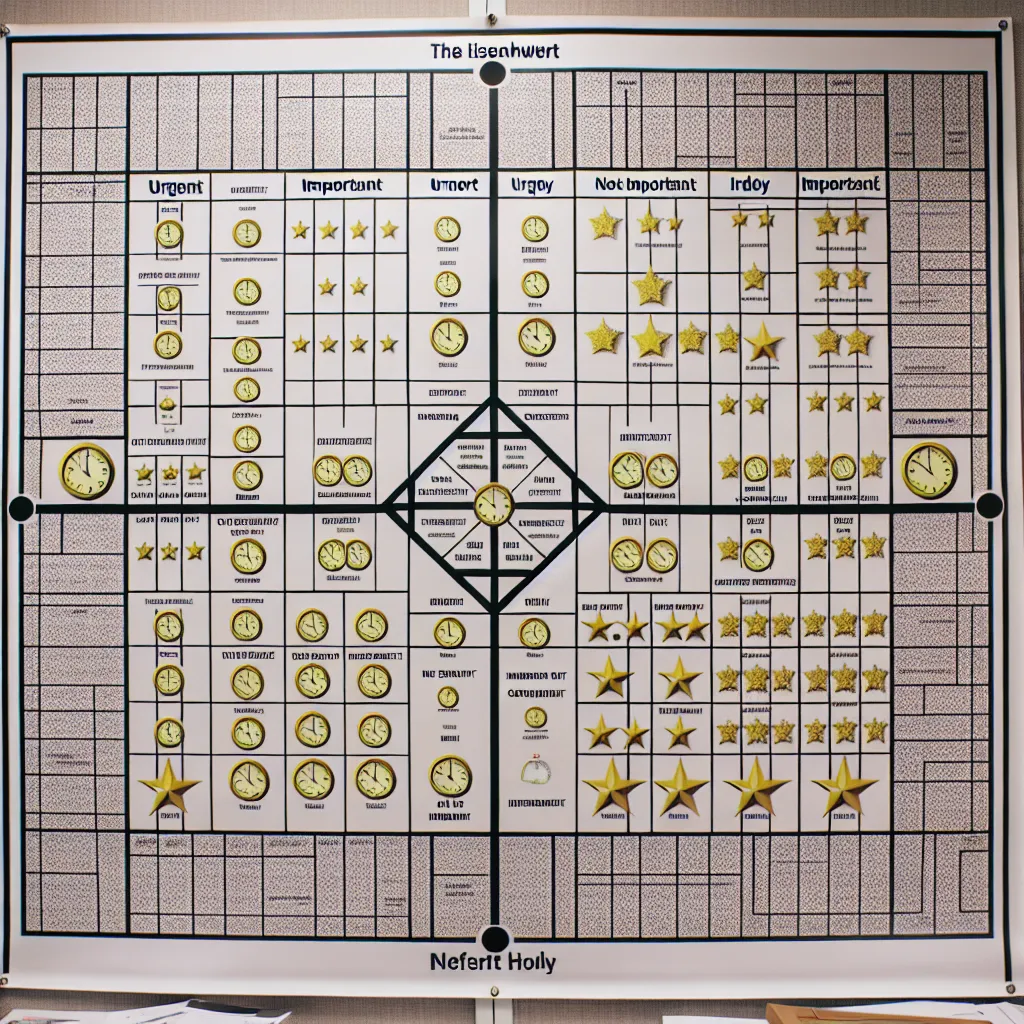In today’s fast-paced work environment, the ability to handle multiple tasks efficiently is a highly sought-after skill. During job interviews, you’re likely to encounter questions about your multitasking abilities. This article will guide you through effectively explaining your capacity to juggle various responsibilities, providing you with valuable insights and strategies to impress your potential employers.
Understanding the Importance of Multitasking in the Workplace
Multitasking has become an essential skill in most professional settings. Employers value candidates who can manage diverse responsibilities simultaneously, as it often leads to increased productivity and efficiency. When interviewers ask about your ability to handle multiple tasks, they’re assessing your time management skills, prioritization abilities, and overall capacity to thrive in a dynamic work environment.
 Multitasking in the workplace
Multitasking in the workplace
How Employers Evaluate Multitasking Skills
When assessing a candidate’s multitasking abilities, employers typically look for:
- Time management proficiency
- Ability to prioritize tasks effectively
- Stress management under pressure
- Adaptability to changing priorities
- Attention to detail while juggling multiple responsibilities
Understanding these evaluation criteria will help you frame your responses more effectively during the interview.
Strategies to Effectively Explain Your Multitasking Abilities
1. Provide Concrete Examples
When explaining your ability to handle multiple tasks, use the STAR method (Situation, Task, Action, Result) to structure your response. For example:
“In my previous role as a project coordinator, I was responsible for managing three concurrent projects with overlapping deadlines. I created a comprehensive project management system using Trello, which allowed me to track progress, deadlines, and resources for each project simultaneously. This system enabled me to prioritize tasks effectively, resulting in all three projects being completed on time and within budget.”
2. Highlight Your Organizational Skills
Demonstrate how your organizational abilities contribute to your multitasking prowess:
“I maintain a detailed digital calendar and task list, which I review and update daily. This practice helps me stay on top of multiple responsibilities and ensures that nothing falls through the cracks. For instance, when I was working on a marketing campaign while also coordinating a product launch, my meticulous organization allowed me to meet all deadlines without compromising quality.”
3. Emphasize Your Ability to Prioritize
Explain how you determine task importance and allocate your time accordingly:
“I use the Eisenhower Matrix to categorize tasks based on their urgency and importance. This method helps me focus on high-priority items while efficiently managing less critical tasks. For example, when faced with multiple client requests, I was able to address urgent issues immediately while scheduling less time-sensitive matters for later, ensuring all clients received timely responses.”
 Eisenhower Matrix for task prioritization
Eisenhower Matrix for task prioritization
4. Showcase Your Adaptability
Highlight your flexibility in handling shifting priorities:
“I’m adept at adjusting my workflow when unexpected tasks arise. In my role as a customer service representative, I often had to balance ongoing projects with urgent customer inquiries. I developed a system where I could quickly assess the priority of new tasks and seamlessly integrate them into my existing workflow without losing momentum on other responsibilities.”
5. Discuss Your Stress Management Techniques
Explain how you maintain composure and efficiency under pressure:
“To manage stress while multitasking, I practice mindfulness techniques and take short breaks to maintain focus. This approach has been particularly effective when working on multiple tight deadlines. For instance, during our busiest season, I was able to maintain high-quality output across various projects by using the Pomodoro Technique, which helped me stay focused and energized throughout the day.”
Common Mistakes to Avoid When Discussing Multitasking
- Overstating your abilities: Be honest about your capabilities and avoid exaggeration.
- Neglecting to mention potential drawbacks: Acknowledge that excessive multitasking can sometimes impact quality and explain how you mitigate this risk.
- Failing to provide specific examples: Always back up your claims with concrete situations from your past experiences.
- Ignoring the importance of focus: While multitasking is valuable, also emphasize your ability to concentrate on complex tasks when necessary.
- Not addressing time management: Multitasking and time management go hand in hand, so be sure to discuss your strategies for both.
Follow-up Questions and Suggested Responses
-
Q: How do you ensure quality when working on multiple tasks simultaneously?
A: “I maintain quality by setting clear priorities, allocating appropriate time for each task, and implementing regular check-points to review my work. I also use task management tools to track progress and ensure nothing is overlooked.” -
Q: Can you describe a situation where you had to juggle competing deadlines?
A: “In my previous role, I once had to prepare a quarterly report, finalize a client presentation, and coordinate a team training session all within the same week. I broke down each project into smaller tasks, set mini-deadlines, and used time-blocking to ensure I made steady progress on all fronts. By staying organized and communicating clearly with my team, I successfully completed all three projects on time.” -
Q: How do you handle interruptions when you’re in the middle of an important task?
A: “I assess the urgency of the interruption quickly. If it’s critical, I note my stopping point in the current task, address the interruption efficiently, and then return to my original task. For non-urgent matters, I politely acknowledge them and schedule a time to address them later, ensuring I maintain focus on high-priority work.” -
Q: What strategies do you use to avoid burnout when managing multiple responsibilities?
A: “I prevent burnout by maintaining a healthy work-life balance, setting realistic expectations, and regularly prioritizing my tasks. I also practice self-care through exercise, mindfulness, and ensuring I take short breaks throughout the day to recharge.” -
Q: How do you communicate your progress when working on multiple projects for different stakeholders?
A: “I believe in proactive communication. I provide regular updates to all stakeholders, typically through a combination of scheduled check-ins, progress reports, and project management tools that allow real-time visibility into task status. This approach keeps everyone informed and helps manage expectations effectively.”
Conclusion
Explaining your ability to handle multiple tasks effectively is crucial in today’s competitive job market. By providing specific examples, highlighting your organizational and prioritization skills, and demonstrating your adaptability, you can convince potential employers of your multitasking prowess. Remember to be honest about your capabilities, address potential challenges, and emphasize your strategies for maintaining quality and managing stress. With these tips in mind, you’ll be well-prepared to tackle multitasking questions in your next interview.
For more tips on acing your job interview, check out our article on how to handle stress interview questions. And if you want to improve your overall interview skills, don’t miss our guide on common English interview questions.




